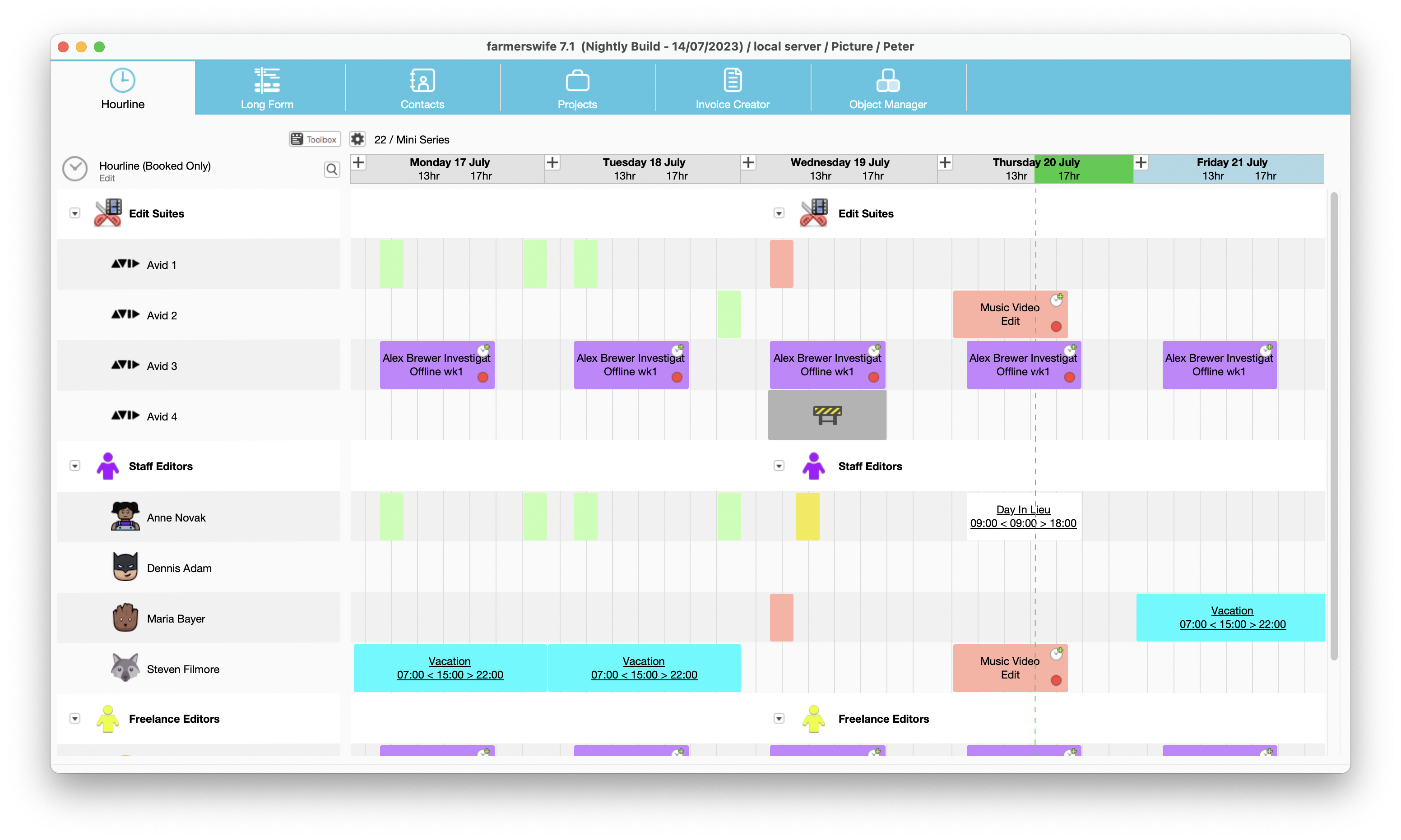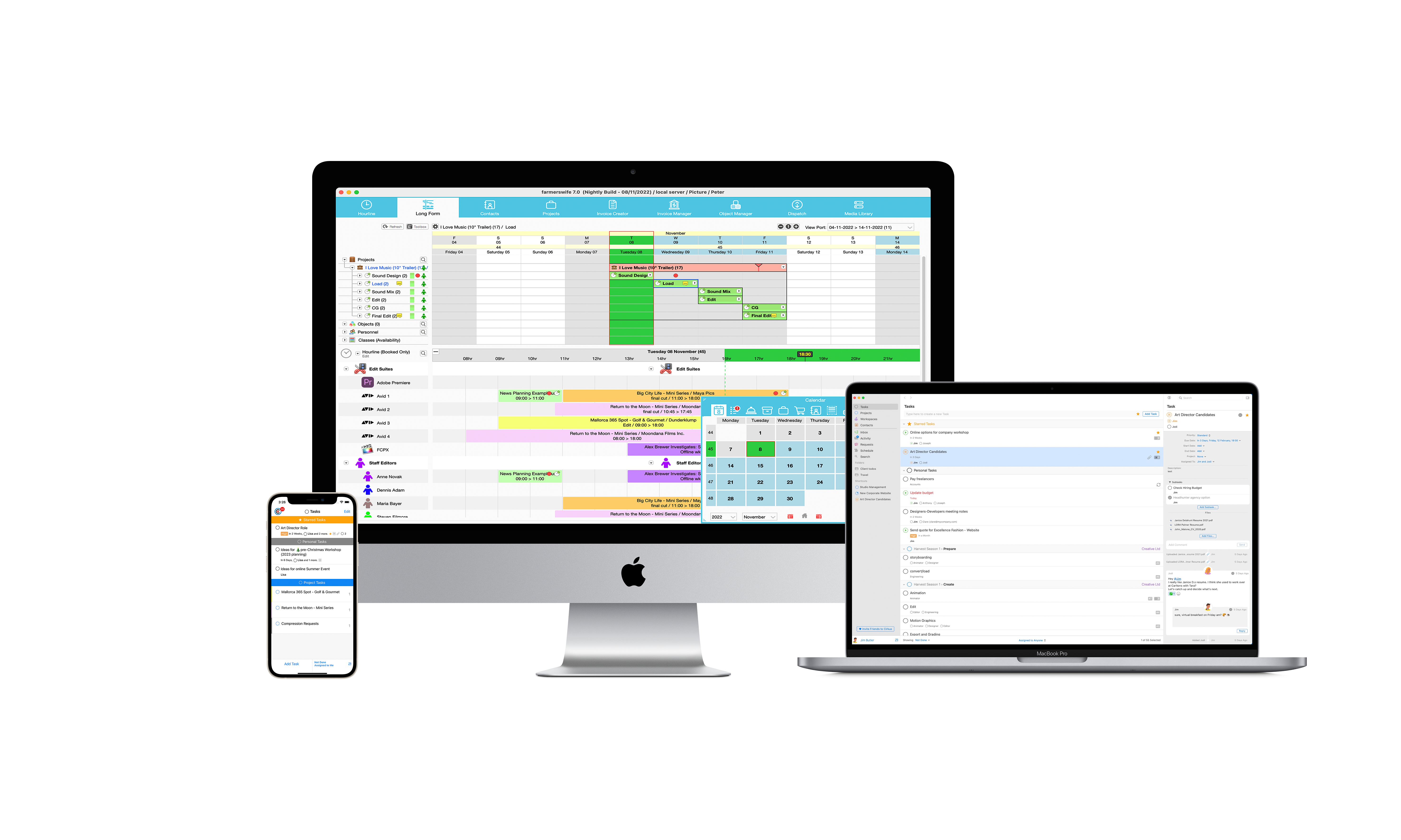In our increasingly technology-driven world, project management is a vital force in shaping the digital landscape, particularly within the realm of software development. This dynamic field demands a harmonious fusion of creativity and technical know-how, as it constantly evolves and adapts to the changing needs of the industry.
This article delves into the world of project management for software development providing insights into its definition, purpose, and different types. Now, let's dive deeper into the fascinating world of software development project management. Keep reading to uncover more valuable insights!What Does Software Development Project Management Entail?
Software project management is a specialized field within project management that revolves around the strategic planning, meticulous monitoring, and efficient control of software projects. It is an exciting discipline that combines the art of creativity with the science of technical expertise, enabling project managers to deliver exceptional software products.
Thorough and meticulously crafted plans are absolutely essential in the realm of software project management, serving as a seamless guide throughout the development process from beginning to end. These comprehensive plans not only promote strong alignment among stakeholders but also ensure consistent adherence to timelines. By integrating cutting-edge scheduling software, project managers can optimize resource utilization, effectively assigning tasks to skilled individuals as and when required. This technological backbone not only streamlines coordination but also plays a pivotal role in the successful execution of software projects.

What Makes a Project Manager Vital in Software Development?
Project managers are crucial for successful software development projects. Serving as a bridge between developers and clients, they facilitate seamless communication throughout the project lifecycle. Project managers also optimize team resources and implement a comprehensive scope management system for timely feature delivery within budget constraints. Let's explore in detail how project managers contribute to the process:
-
Minimizes Risks and Surprising Expenses
Project managers play a critical role in the realm of software development by effectively managing risks and expenses, anticipating potential challenges, and implementing proactive strategies. They act as a bridge between developers and clients, ensuring seamless communication and optimal resource allocation. By implementing robust project scope management systems, they control costs and prevent scope creep, ultimately contributing to the successful delivery of software projects.
-
To Act as a Liaison between Developers and Clients
-
Optimizing Team Resource Utilization
Effective management of team resources is vital for the success of software development projects. Project managers need to possess exceptional skills in allocating and optimizing resources, bridging skill gaps, and fostering a collaborative work environment. Through skillful resource allocation, efficient utilization, and the promotion of productivity, project managers significantly enhance the overall success of a project.
-
Creating a Project Scope Management System
6 Project Management Application Use Cases for Software Teams
Here are six specific scenarios where project management applications can greatly benefit software teams:
1. Agile Planning and Execution:
- Incorporate project management software features such as Scrum or Kanban boards to effectively plan and manage Agile development processes.
- Foster a culture of collaboration among diverse teams by presenting tasks and work items visually, promoting seamless communication and a shared understanding of project goals.
2. Task and Issue Tracking:
- Create and assign tasks related to software development, ensuring clear responsibilities.
- Efficiently track and manage software issues and bugs.
- Use custom labels or tags to categorize tasks based on priority, type, or status.
3. Collaborative Documentation:
- Create a centralized hub for organizing and managing project documentation, promoting easy access and streamlined collaboration among team members.
- Collaboratively edit and update technical documents, specifications, and guidelines.
4. Release Planning and Coordination:
- Define milestones, deadlines, and dependencies to ensure a smooth release process.
- Facilitate communication among development, testing, and deployment teams to minimize bottlenecks.
5. Version Control Integration:
- Link tasks and issues to specific code changes, commits, or pull requests.
- Provide a unified platform for developers to easily view code-related tasks and collaborate effectively. Cirkus can greatly assist in keeping track of the project's progress and monitoring each team member's contributions.
6. Resource Allocation and Workload Management:
- Allocate resources efficiently based on team members' skills and availability, leveraging the advanced capabilities of farmerswife, renowned for being the best for resource allocation in project management.
- Monitor individual workloads to prevent burnout and ensure a balanced distribution of tasks.
- Identify potential bottlenecks and redistribute work to optimize project timelines.
Using the right project management tools for software development can significantly contribute to the success of a project by providing a structured and organized framework for managing tasks and workflows.
Primary Risk Factors in Software Development Projects
Let's now explore in greater detail some of the specific risk factors that can arise in software development projects:
Code Issues:
- Bugs and Defects: Insufficient testing or poorly written code can introduce bugs and defects, negatively impacting the software's functionality and performance.
- Code Complexity: Overly complex code can pose challenges for developers in understanding, maintaining, and enhancing the software.
Unmet Expectations:
- Misaligned Stakeholder Expectations: Lack of clear communication between developers and stakeholders can result in a final product that fails to meet user expectations.
- Scope Creep: Poorly managed changes in project scope or requirements can lead to unmet expectations regarding project deliverables.
Inadequate Risk Management:
- Failure to Identify Risks: Failing to identify potential risks early in the project can lead to issues that could have been mitigated or prevented.
- Insufficient Risk Response Planning: Even if risks are identified, a lack of proactive planning to address and mitigate these risks can disrupt the project.
Scope Creep:
- Feature Creep: Continuously adding new features without proper evaluation can extend project timelines and increase development complexity.
- Unclear Project Scope: Lack of clarity regarding what is included or excluded from the project scope can result in misunderstandings and changes during development.
Poor Communication:
- Team Communication: Ineffective communication among team members can lead to misunderstandings, duplicated efforts, and a lack of synergy.
- Stakeholder Communication: Insufficient communication with stakeholders may result in misalignment of project goals and expectations.
Security Concerns:
- Vulnerabilities: Neglecting security concerns during development can leave the software vulnerable to exploitation by malicious actors.
- Insufficient Data Protection: Inadequate measures to protect sensitive data can lead to data breaches and compromise user privacy.
Successfully managing these risk factors necessitates proactive planning, efficient communication, ongoing monitoring, and adaptable management strategies throughout the entire software development journey. Additionally, employing project management software for software development can significantly mitigate these risks and enhance project outcomes.

Conclusion
Project managers play a vital role in the world of software development, ensuring that top-notch solutions are delivered on time. They act as a bridge between developers and clients, optimizing the use of resources and preventing scope creep. Utilizing project management applications, they enhance productivity and collaboration through tools such as agile planning, task tracking, and version control integration. Effective planning, communication, and monitoring are essential components for the success of software projects, and project managers are the driving force behind the execution and delivery of innovative solutions in this ever-evolving field. For those seeking the best ScheduALL alternative to streamline project management tasks, the incorporation of a robust scheduling tool can further elevate efficiency and ensure seamless project execution.